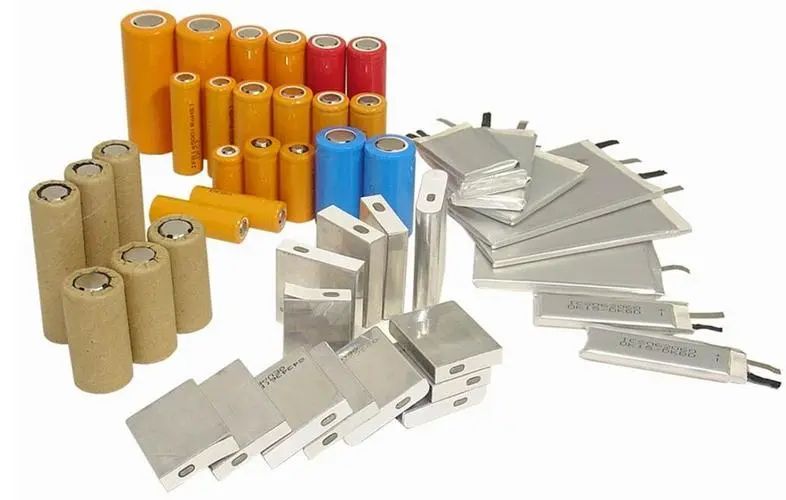Battery Aluminum Foil
Battery aluminum foil is a thin metal material specially used in lithium-ion batteries. As the positive electrode current collector, it collects current and transfers it to the external circuit. The use of aluminum foil can increase the energy density of the battery because aluminum has a lower density than copper and has good conductivity and processing properties.
Lanren as a professional aluminum foil supplier providing high-performance aluminum foil rolls for battery manufacturing. Our product line includes high-purity etched Al foil and battery-grade foils made from various alloys (1235, 1050, 1060, 1100, etc).
Specification of
| Alloy | Aluminum Purity | Thickness Range(mm) | Width Range(mm) | Temper | Tensile strength | Elongation |
| 1050, 1060, 1235, 8011 | >99.3% | 0.01-0.015 | 100-1600 | H18 | >150 N/mm² | >1% |
Applications of
Battery aluminum foil is mainly used in lithium-ion batteries, especially in electric vehicles, portable electronic devices, energy storage systems and other fields. With the rapid growth of the new energy vehicle market, the demand for high-performance battery aluminum foil is also rising rapidly. In addition, aluminum foil is also used as a barrier layer for battery soft package packaging materials, as well as in the manufacture of battery tabs and other components.
Applications of battery aluminum foil in lithium batteries:
Current collector material: Battery aluminum foil is a key material used as a positive electrode current collector in lithium batteries. The main function of the current collector is to serve as a carrier for the electrode coating layer and to conduct electricity to make up for the lack of conductivity of the positive and negative electrode materials themselves. Aluminum foil can effectively carry active substances and collect electrons generated by electrochemical reactions and conduct them to the external circuit to achieve energy conversion.
Advantages of
- Lightweight and high strength: Aluminum has low density but sufficient mechanical strength, making it suitable for lightweight battery design.
- Good conductivity: Aluminum has good electrical conductivity, which helps improve the energy transmission efficiency of the battery.
- Cost-effectiveness: Compared with copper, aluminum has a lower cost, which helps reduce the cost of battery production.
- Chemical stability: A dense oxide film can be formed on the surface of aluminum, providing a certain chemical protection.
- Easy to process: Aluminum foil can be made into different specifications and shapes through processes such as rolling to meet the needs of different battery designs.



